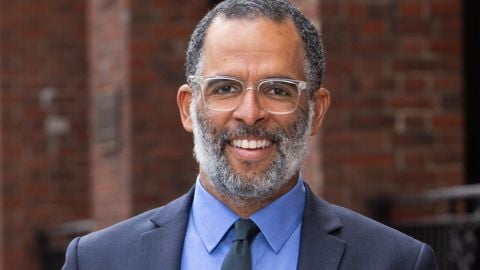We like to think that a modern society is open and mobile – and our failures on social mobility really matter to Theresa May. It is one of the reasons for successive waves of education reform, the latest of which is being debated in parliament today, sparking a fiery debate about grammar schools not seen for decades. What has gone wrong with social mobility and why?
David Willetts joined the Resolution Foundation as Executive Chair in June 2015. He is a Visiting Professor at King’s College London, Governor of the Ditchley Foundation and a member of the Council of the Institute for Fiscal Studies.
He was Minister for Universities and Science, attending Cabinet, from 2010-2014. He was the Member of Parliament for Havant from 1992-2015. Before that David worked at HM Treasury and the Number 10 Policy Unit. He also served as Paymaster General in the last Conservative Government.
Image courtesy of interviewee. March 7, 2017






